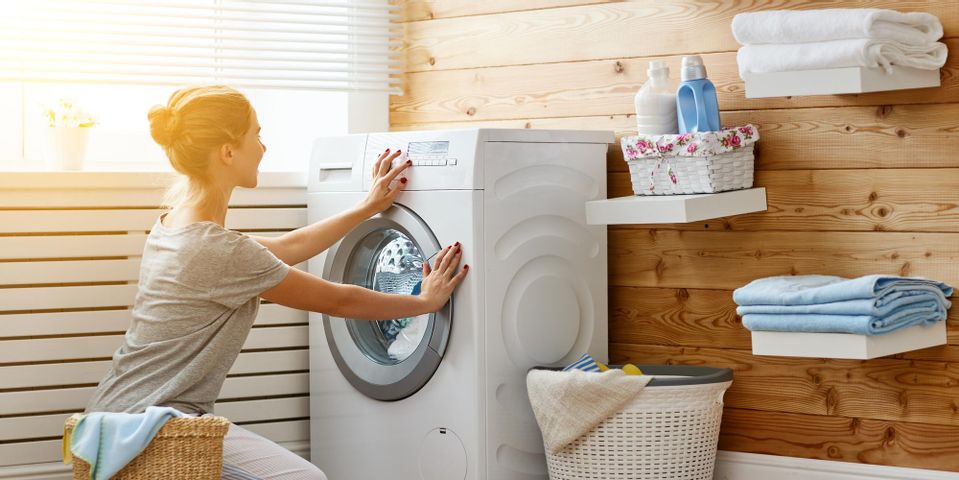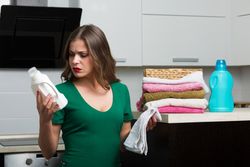Is Fabric Softener Harmful to Septic Systems?

Using fabric softener is an efficient way to keep clothes soft and smelling fresh after a wash. This laundry aid is undoubtedly beneficial to clothing, but few people understand how it affects septic systems. To learn about the negative impacts fabric softener has on plumbing, consult the brief guide below.
A Guide to Fabric Softeners & Septic Systems
Fabric Softener Ingredients
Fabric softeners are designed to keep clothing soft and increase comfort. The laundry aid achieves this result with a composition of electrically charged, slimy chemicals that coat fabrics. These substances include petroleum products, acids, silicone-based anti-foaming agents, and fragrances.
Each of these components is potentially harmful to humans, as well. Added scents can induce allergic reactions on the skin after clothing items are cleaned with fabric softener.
Negative Impact on Septic Systems
Though these ingredients work well together to soften garments, they are just as harmful to plumbing as caustic chemicals found in household cleaners. They interfere with the septic system’s ecosystem, which includes helpful bacteria that break down waste and keep the system functioning.
 Fabric softeners also contain quaternary ammonium compounds that serve as antibacterial agents. These disinfectant chemicals are commonly found in sanitizing wipes, sprays, and other household cleaners designed to kill germs. While they can reduce microbials on your clothes, they can also break down good bacteria in the septic tank.
Fabric softeners also contain quaternary ammonium compounds that serve as antibacterial agents. These disinfectant chemicals are commonly found in sanitizing wipes, sprays, and other household cleaners designed to kill germs. While they can reduce microbials on your clothes, they can also break down good bacteria in the septic tank.
These antibacterial compounds often contain nitrogen. This is common in wastewater, but a fully functioning septic system removes a substantial amount of this compound before the water seeps back into the ground through the drain field. Using too much fabric softener will overload the system, resulting in additional nitrogen in the soil. If it reaches the groundwater, it could contribute to excessive algae growth in drinking water.
Natural Alternatives
One way to maintain the feel and vibrancy of your garments without using harmful chemicals is to add a half-cup of grain-derived white vinegar in the wash during the rinse cycle. You could also use natural bamboo or wool balls in the dryer to fluff the clothes. All of these methods are safe for septic systems.
Keep your septic system running smoothly with the help of the professionals at Nick Driggers Pumping Service in Greensboro, NC. Their highly trained technicians understand the importance of quality septic maintenance. They offer inspections, repairs, installations, and pumping services to residents throughout Guilford County. Call (336) 215-4408 to schedule service, or visit them online for more information.
About the Business
Have a question? Ask the experts!
Send your question

